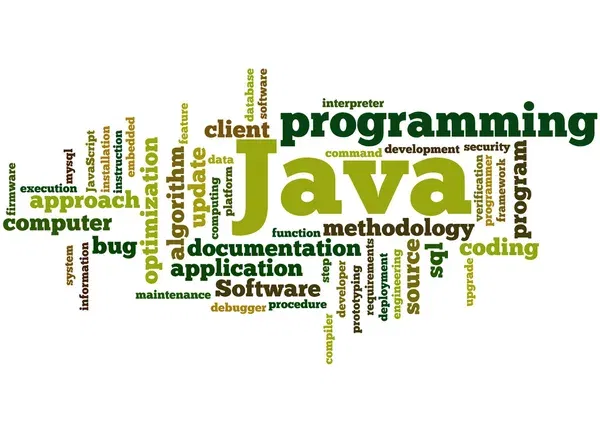
Introduction:
Java, a popular object-oriented programming language, offers a range of features that contribute to its versatility and widespread adoption. Among these features, the concept of scope plays a crucial role in defining the accessibility and lifetime of variables, methods, and classes within a program. Understanding the scope in Java is essential for writing clean, maintainable, and efficient code. Java course in pune offers certification program. In this article, we will delve into the intricacies of scope in Java, exploring its various types and the impact they have on program design and execution.
1. Local Scope:
Local scope refers to variables declared within a block, such as a method, loop, or conditional statement. Variables with local scope are only accessible within the block where they are defined. Once the block is exited, these variables are no longer accessible or visible. Local scope promotes encapsulation and helps prevent naming conflicts between variables in different parts of the code.
2. Class Scope:
Class scope pertains to variables and methods defined within a class but outside any specific method or block. Variables with class scope, also known as instance variables, are accessible throughout the class and can be accessed by any method within the class. Class scope variables are created when an instance of the class is instantiated and exist as long as the instance exists.
3. Static Scope:
Static scope applies to variables and methods marked with the "static" keyword. These elements belong to the class itself rather than any specific instance of the class. Static variables maintain their value across multiple instances of the class, while static methods can be invoked without creating an instance of the class. Static scope allows the sharing of resources across instances and promotes efficient memory usage.
4. Block Scope:
Block scope is a subset of local scope and refers to variables declared within a block of code. These variables are accessible only within that specific block and any nested blocks within it. Block scope is commonly used in control flow structures like loops and conditional statements to limit the visibility and lifespan of variables to a specific code block.
Conclusion:
Scope in Java plays a fundamental role in defining the accessibility and lifespan of variables, methods, and classes. A solid understanding of scope allows developers to write modular, maintainable, and efficient code. By utilizing the appropriate scope types, programmers can encapsulate variables, prevent naming conflicts, share resources effectively, and optimize memory usage. Mastery of scope in Java is an essential skill for any developer aiming to create robust and scalable applications, contributing to the overall success of Java as a versatile programming language.
for more
